

2019-01-07 18:42:00 Mon ET
technology antitrust competition bilateral trade free trade fair trade trade agreement trade surplus trade deficit multilateralism neoliberalism world trade organization regulation public utility current account compliance
Neoliberal public choice continues to spin national taxation and several other forms of government intervention. The key post-crisis consensus focuses on government intervention as the primary root cause of socioeconomic malaise in several OECD countries. Ideology continues to inform public policy, and neoliberalism specifically advocates a minimal role for the state in economic affairs such as taxation, health care, trade, infrastructure, and immigration. Neoliberal public choice emphasizes regulatory failures rather than historical country-specific experiences.
The sheer predominance of utilitarian myopia reflects fundamental misconceptions about the proper role of government. Contrary to the post-crisis consensus, active strategic public-sector investment is critical to both economic revival and financial stability. The state should act as an investor of first resort, rather than a lender of last resort, for greater tech advances and revolutions in finance, energy, transport, medicine, and information communication. The government can learn much from the best business minds of Warren Buffet and George Soros in finance, Elon Musk in energy and autonomous transport, Peter Diamandis and James Brewer in health care and medicine, as well as Steve Jobs, Tim Cook, Bill Gates, Larry Page, and Jeff Bezos in information communication technology. Effective capitalism calls for facilitative state involvement in economic governance and regulation.
If any of our AYA Analytica financial health memos (FHM), blog posts, ebooks, newsletters, and notifications etc, or any other form of online content curation, involves potential copyright concerns, please feel free to contact us at service@ayafintech.network so that we can remove relevant content in response to any such request within a reasonable time frame.
2019-07-01 12:35:00 Monday ET
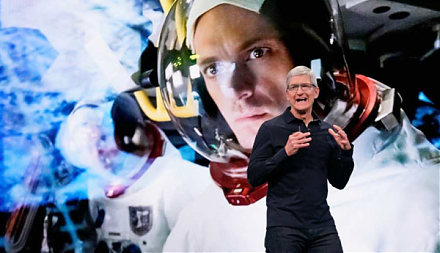
Apple releases the new iOS 13 smartphone features. These features include Dark Mode, Audio Share, Memoji, better privacy protection, smart photo collection,
2020-03-12 09:32:00 Thursday ET
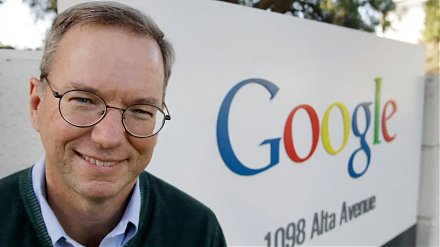
Google CEO Eric Schmidt and his co-authors show the innovative corporate culture and mission of the Internet search tech titan. Eric Schmidt, Jonathan Ro
2021-11-22 11:29:00 Monday ET
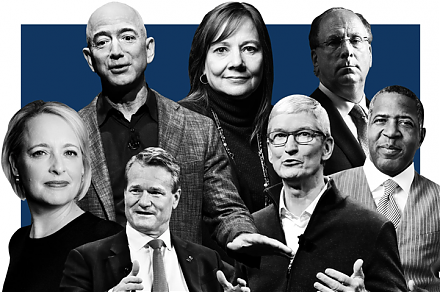
U.S. judiciary subcommittee delves into the market dominance of online platforms in terms of the antitrust, commercial, and administrative law in America.
2020-02-02 11:32:00 Sunday ET
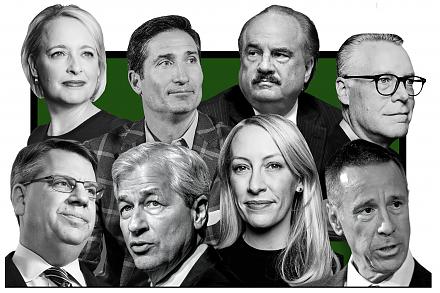
Our fintech finbuzz analytic report shines fresh light on the current global economic outlook. As of Winter-Spring 2020, the analytical report delves into t
2019-04-26 09:33:00 Friday ET
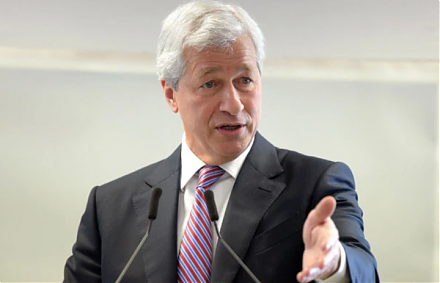
JPMorgan Chase CEO Jamie Dimon defends capitalism in his recent annual letter to shareholders. As Dimon explains here, socialism inevitably produces stagnat
2018-01-19 11:32:00 Friday ET
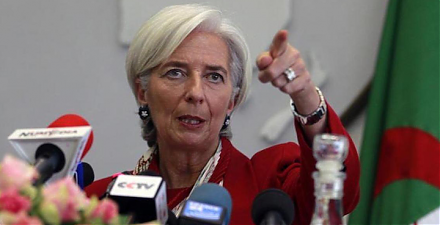
Most major economies grow with great synchronicity several years after the global financial crisis. These economies experience high stock market valuation,